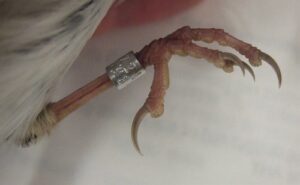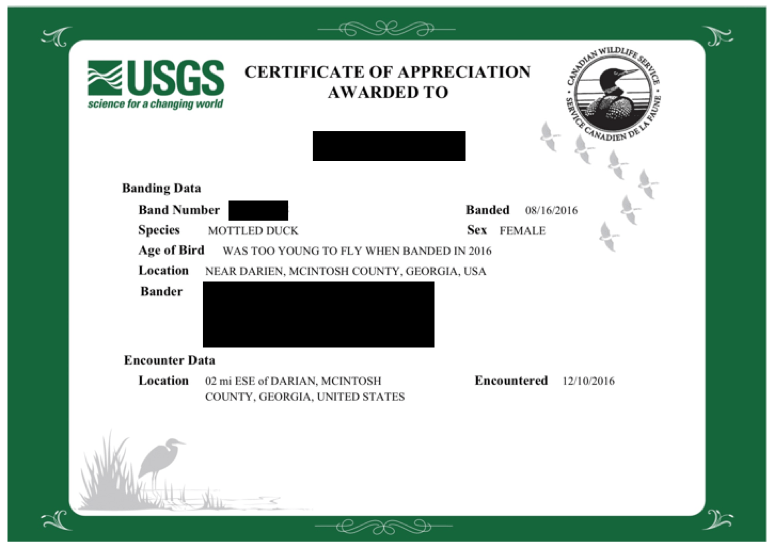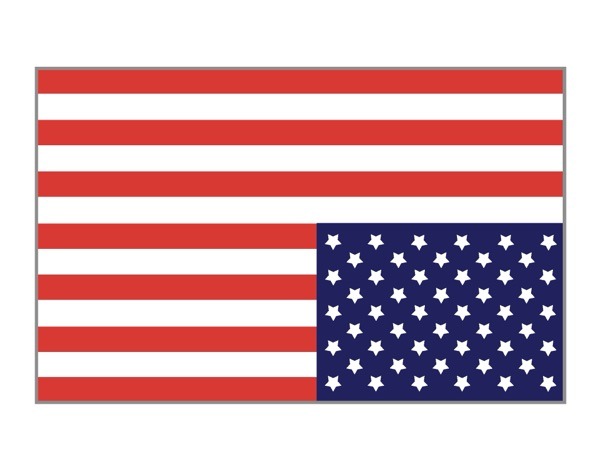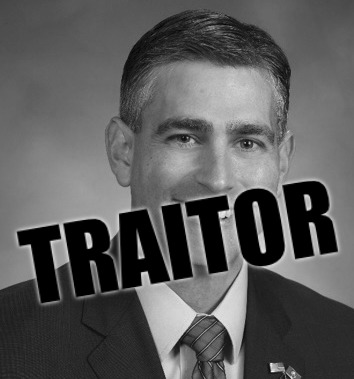A critical program that hunters and scientists rely on may be in jeopardy. The Bird Banding Survey, a century-old initiative that tracks bird migrations and populations, could be severely impacted as the Trump administration and the Department of Government Efficiency (DOGE), led by Elon Musk, push for massive job cuts across federal agencies. If these cuts go through, the program that helps hunters, conservationists, and researchers understand bird movements and species health may not survive.

For hunters, the Bird Banding Survey has been a valuable tool. When you harvest or sight a banded bird, reporting the band gives you insight into where it was originally tagged and how far it traveled. Over the years, this has helped track migration routes and population changes, ensuring hunting remains sustainable. Now, that knowledge—and the fun of learning about a bird’s journey—could be lost.
Scientists also depend on banding data to study bird populations and migration patterns. This research is crucial for setting hunting seasons, bag limits, and conservation policies. Without it, state wildlife agencies may be forced to make blind decisions, potentially leading to overly restrictive regulations or unintentional harm to bird populations.
The Bird Banding Lab, which oversees the survey, relies on trained staff to process reports, analyze data, and maintain historical records. If job cuts gut this program, hunters and researchers may no longer have a way to track bird movements, leaving major gaps in our understanding of game bird populations.
This program doesn’t just serve a scientific purpose—it’s also something hunters and bird enthusiasts enjoy participating in. There’s a real sense of connection when you report a band and find out where the bird was first tagged. It adds an extra layer of meaning to hunting and helps build respect for wildlife management efforts. Losing this opportunity would take away part of what makes hunting so rewarding.
Beyond the Bird Banding Survey, these government job cuts could impact other wildlife and conservation programs. Reports indicate that the Environmental Protection Agency is facing a 65% reduction in staff, raising concerns about the future of habitat protection and environmental oversight. If agencies responsible for wildlife research and management lose too many workers, programs that benefit hunters could be next on the chopping block.
Many in the hunting community are speaking out, warning that these cuts could lead to unintended consequences. A lack of reliable data could cause game populations to decline unnoticed, leading to stricter hunting regulations down the line. Without science-backed wildlife management, both hunters and conservationists lose.
This isn’t just about budget cuts—it’s about preserving a program that benefits hunters, scientists, and the birds themselves. The Bird Banding Survey has been around for over 100 years, providing valuable insights into bird movements and health. Letting it collapse due to reckless cuts would be a major loss for hunting traditions and conservation efforts alike.
If you value this program, now is the time to speak up. Contact your state wildlife agency, reach out to conservation organizations, and tell lawmakers that the Bird Banding Survey matters. Hunters have always played a key role in conservation, and ensuring this program continues is part of that responsibility.
The Bird Banding Survey is more than just data—it’s a link between hunters, scientists, and the birds we track and respect. Losing it would be a step backward for hunting and conservation alike. Let’s make sure that doesn’t happen.





